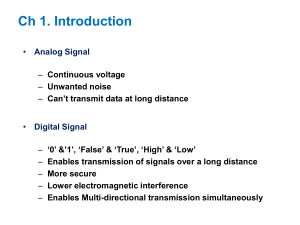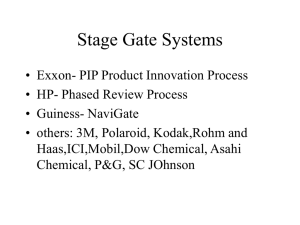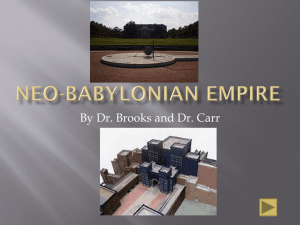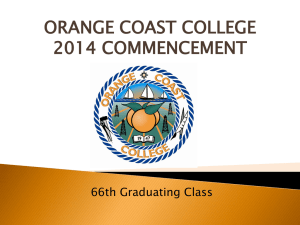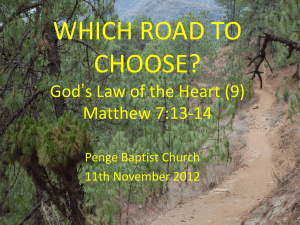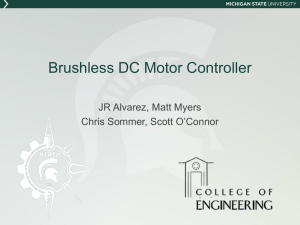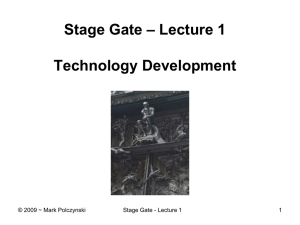The Fiftieth Gate - A Journey Through Memory
advertisement
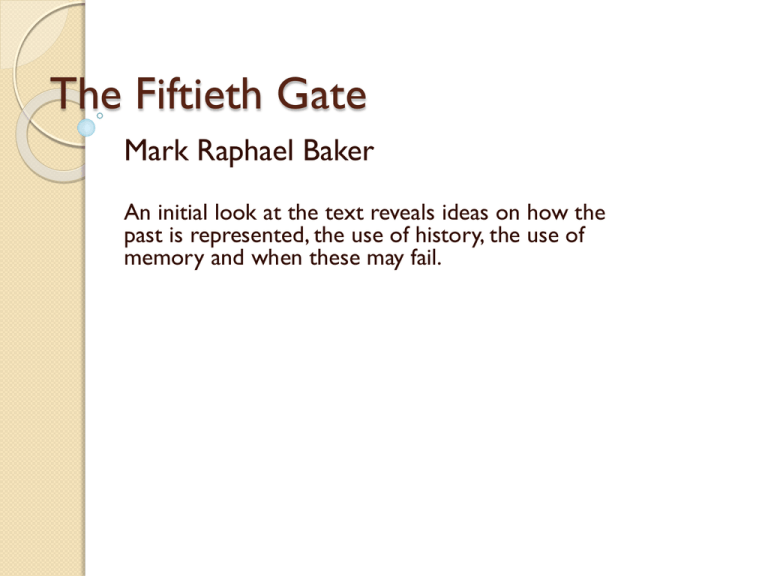
The Fiftieth Gate Mark Raphael Baker An initial look at the text reveals ideas on how the past is represented, the use of history, the use of memory and when these may fail. Epigram and Gate I There is a place of hidden treasures. In this place there are forty nine gates that separate good from evil, the blessing from the curse. Beyond them is a fiftieth gate larger than the entire world. It is a hidden gate. On this gate there is a lock, which has a narrow place where the key may be inserted. Come and see. Through this gate all other gates may be seen. Whoever enters the fiftieth gate sees through God’s eyes from one end of the world to the other. The darkness or the light. Come and see. The key is the broken heart, the yearning for prayer, the memory of death. The key is the forgotten heart, the murdered prayer, the death of memory. It opens the blessing or the curse. Come and see. What is the 50th Gate? What contrasts and tensions are initially seen? What is the first image used in Gate 1? Gate III The Silence of the Past When history and memory fail..... p14 here in this carload i am eve with able my son if you see my other son cain son of man tell him that i Gate III The Silence of the Past “When I return to our hotel in Warsaw, I recite the poem for my parents. My mother said the train must have arrived. My father says: ‘When I was taken from my mother she said nothing.’ I want to break the silence for him, to force him to look back for his mother, Hinda. He is crying; I look away. here in this carload i am hinda tell him that i Gate XXVII The silence of the past p156 “Only once did she ask where they might have gone: ‘Belzec.’ ‘I know but what was it like for them?’ She held her hands to her chest as she asked, as if she meant to catch a gasp of breath trapped inside her. I could not answer her. The final moments can never be retrieved by history. Nor by memories: for every life, there are countless other deaths.” Gate VIII The conflict of memory p 44 I remember where we lived in Bolszowce. “This must be the park. No? I played here, I’m sure it was here.” Gate X History can fill in the gaps p 54 From the Geographical Dictionary of the Polish Kingdom and other Slavonic countries, 1880: BOLSOZOWCE: ... The locality, together with adjacent villages, is in the possession of Kornel Krzeczunowiz..... That’s him. Kornel Krzeczunowiz. He sold us the fields.... Now I remember. Gate XXII History and Memory intersect... History and Yossl remember the same day... p 123 “The round up began in the morning...they called all the Jews of Wierzbnik out of their houses.” ‘You all remember’, writes someone from the same town... ‘It was the twenty seventh day of October 1942.’ Gate XXXIII History and Memory intersect... p 195 ‘Who is Kogut?’ I ask my father. His name reappears constantly in my father’s stories.... I know that Kogut can help me too. This mysterious man is the only person whose life spans the memories of father and son, and connect both to me. He appears on the transport list to Buchenwald. Gate XXII History and Memory intersect... And then it diverges... p 124 It was cold, winter, we had winter boots on.The ones with money sewn inside. He says it was cold. Winter. But it was warm. Autumn. That’s what they all say. It gnawed at me, the feeling that my father’s narrative had surrendered to forgetfulness. Gate XXXII Can the memory be trusted? p 190: Baker does not believe that his mother learnt the Lord’s Prayer ‘I don’t believe you.’ It was the first time during my mother’s story that I expressed doubt about her memory recall. It was an uncontrollable urge, this repeated questioning of her, this interrogation, as if I was David Irving and not her son pointing the video camera at her. And then, to my everlasting shame, I crossed the boundary: ‘Prove it.’ Gate XXXV Can the memory be trusted? Genia’s memory is contrasted against the Polish family that Baker finds: p 221 ‘Don’t steal my memory’, my mother later erupted. ‘You think because I was so young I don’t remember. It’s clear now, like a photograph. It can’t be them.’ Gate XLII The role of the imagination in representation : Baker recreates Hinda’s death from her perspective - he utilises what he has learnt from history and memory; and then fills in the gaps! p 261 “My prayers and hands reach out for my children.” Gate XLVII There is always more to uncover p 306 It is 21 April 1945. After liberation, the beginning in the end, in Bolszowce, her farewell. She is ten years old. I had always ignored the part of the story when we went back after liberation to Bolszowce. I went to school there for a short time, but we were forced to leave when the Banderowce came. The episode is recorded by her teacher in a handwritten report card.
